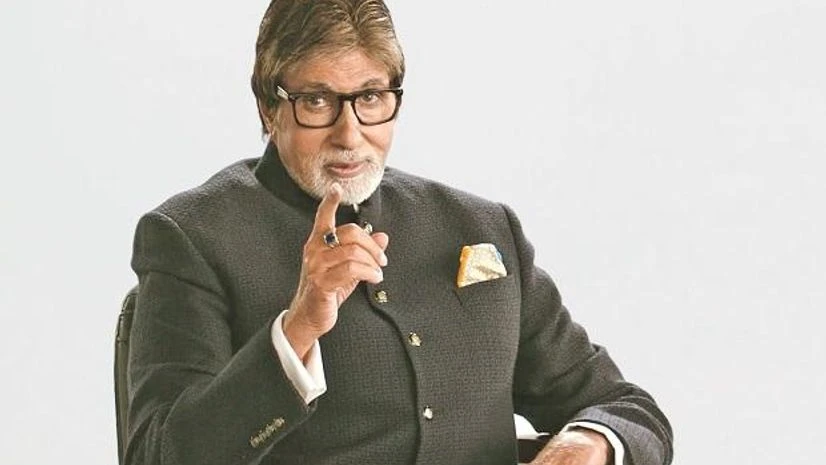At a promotional event for his film 102 Not Out on Thursday, Amitabh Bachchan was asked about his opinion on the Kathua and Unnao rape cases. His reply: “I feel disgusted even talking about it. So, don’t rake up this issue.” Disgust and outrage have, of course, been the overwhelming reactions to the incidents that have sparked nationwide protests and followed Prime Minister Narendra Modi to London. Bachchan’s reactions are unexceptionable, but one would have expected something more nuanced and responsible from the brand ambassador of the central government’s flagship, Beti Bachao, Beti Padhao Yojana, which has also been lampooned since the incidents came to light.
While it is only natural to feel disgust at the incidents, to shove it under the carpet – as Bachchan has tried to do in this case – is unacceptable for a public figure of his stature. Almost everyone else in Bollywood – Akshay Kumar, Twinkle Khanna, Kalki Koechlin, Rajkumar Rao, Shabana Azmi, Swara Bhaskar – have condemned the incidents in no uncertain terms, demanding justice for the victim and the survivor in the two cases. For Bachchan, the tallest among his peers and colleagues, to keep silent about the incidents, while continuing to helm a government-sponsored programme for empowerment of women, is nothing short of prevarication.
This is especially so because he has been vocal about women’s rights and has played the part of a woke feminist when it has suited him. On September 5, 2016, Bachchan shared a video on his official Twitter handle, on which he read out a letter he had written to his granddaughters, Aaradhya Bachchan and Navya Naveli Nanda. The letter, he said, was not meant for only them, but for all granddaughters. In it, he advises them to “make your own choices in the light of your own wisdom… [and] never worry about log kya kahenge (what people will say).” He also tells them: “Don’t let anyone make you believe that the length of your skirt is a measure of your character.”
Sound advice indeed, not only from a grandfather to his granddaughter, but also from the most famous film star in the country to his audience, whatever their gender. Yet, the timing of the letter and Bachchan’s subsequent actions and statements have left a lot to be desired. The letter was made public barely a few weeks before the release of his film Pink on September 16. Directed by Aniruddha Roy Chowdury and produced by Shoojit Sircar, the film also starred Taapsee Pannu in a breakout performance. It was widely acclaimed by audiences and critics for raising the issue of women’s consent – woefully missing from mainstream cinema, where women are so frequently objectified. The film was a box office success and earned a National Award as well. It was also shown to Rajasthan police to sensitise them about women’s right.
However, what Bachchan’s onscreen avatar, reputed lawyer Deepak, professed is perhaps way too far from his real-life persona. Nothing should have prevented him from condemning the incidents, perhaps even symbolically resigning from his position as the brand ambassador of the Beti Bachao, Beti Padhao Yojana. PM Modi has been at the receiving end of brickbats for not speaking out about the rape cases immediately, with the Quint running a satirical piece last Friday with the headline: “Here is what PM Narendra Modi said about the Kathua and Unnao rapes”, while the story read: “This piece will be updated as soon as he says something about it.” (The story, which went viral online, was indeed updated when the PM finally broke his silence.) While we hold our elected representatives responsible, we should also have a similar yardstick for public figures who choose only convenient moments to speak about important issues.
Bachchan has of course been known to only play it safe. Back in the mid-Seventies, when he was closer to the Nehru-Gandhi clan, journalists claimed that he had encouraged then prime minister Indira Gandhi’s government to censor film publications. This, in turn, led them to blacklisting him from their pages for years. Bachchan has categorically denied doing this, but he did not really speak out against the Emergency, say like Kishore Kumar, Dev Anand or Hrishikesh Mukherjee. Silence is, conveniently, golden.

)
